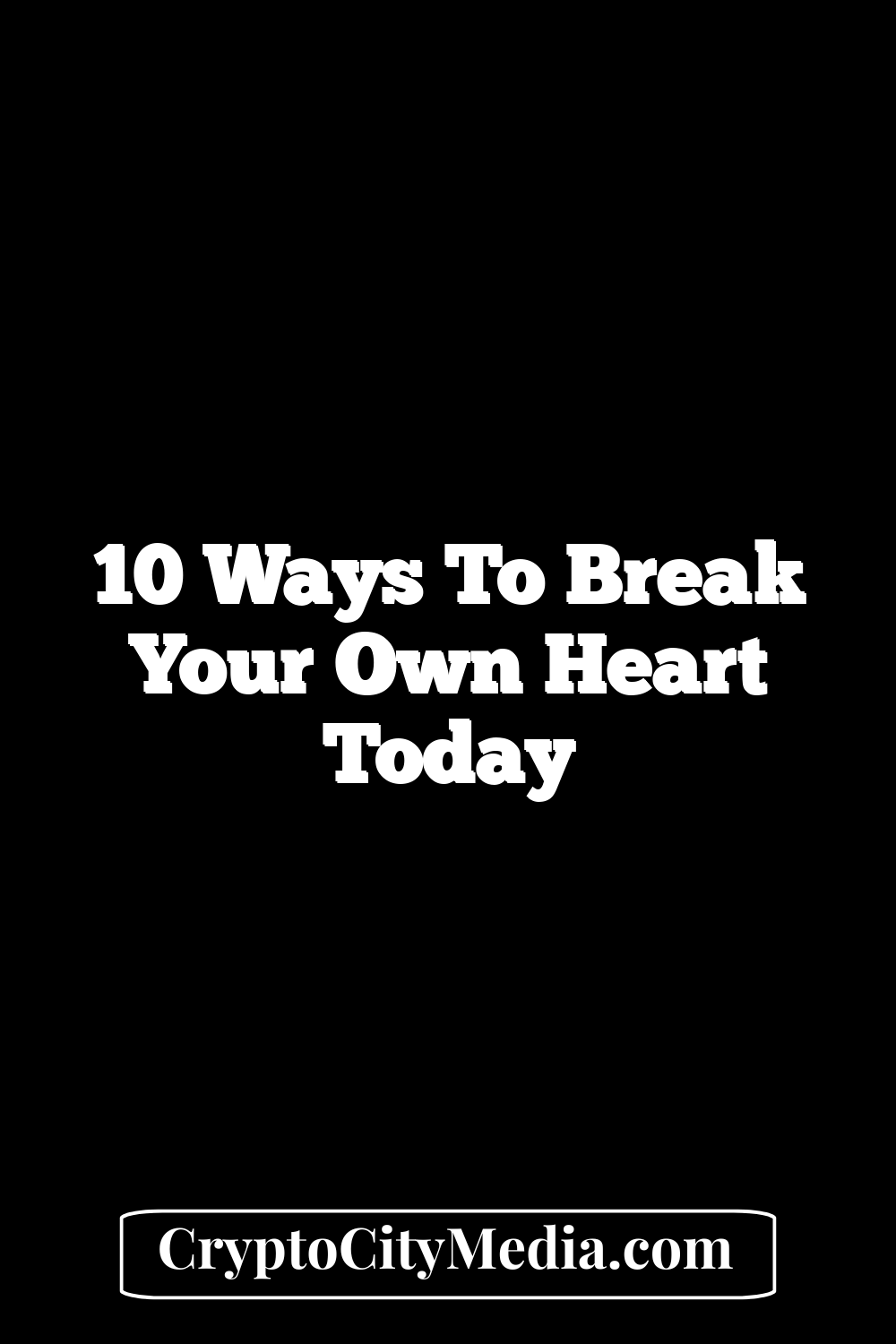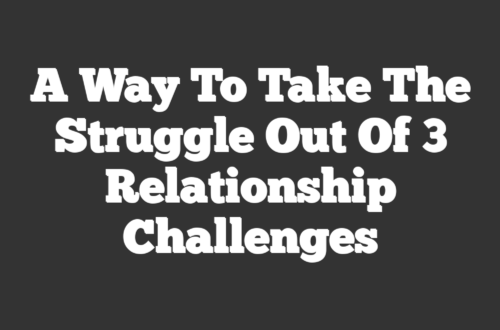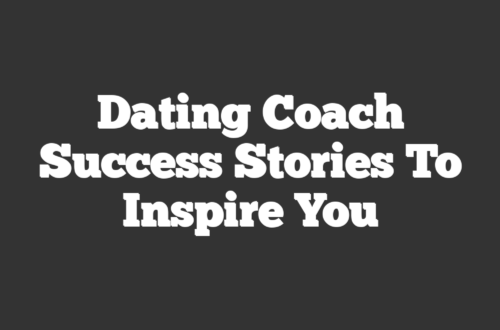
The worst kind of heartache is the kind you inflict on yourself.
If you don’t want to break your own heart today, then don’t…
1. Let people invalidate or minimize how you feel.
If you feel something, you feel it and it’s real to you. Nothing anyone says has the power to invalidate that, ever. No one else lives in your body, or sees life through your eyes. No one else has lived through your exact experiences. And so, no one else has the right to dictate or unfairly judge how you feel. Your feelings are important. Don’t let anyone lead you to believe otherwise.
2. Regret every mistake you’ve ever made.
If you regret some of the decisions you’ve made in the past, stop being so hard on yourself. At the time you did your best with the knowledge you had. At the time, you did your best with the life experience you had. Your decisions were made with a younger mind. If you were to make these decisions with the wisdom you have now, you would choose differently. So give yourself a break. Time and experience has a wonderful way of helping us grow and learn the way on the way, for ourselves and those we care for. (Read Emotional Freedom.)
3. Take your loved ones for granted.
Someday, for one reason or another, there will be someone you miss dearly. Missing this person will have nothing to do with how long it’s been since you’ve seen them, or the amount of time since you’ve talked. It will be about that very moment when you’re doing something and you wish they were right there with you. So be sure to appreciate every moment you get to spend with the people who matter to you.
4. Let your ego get the best of you.
Sometimes we choose to be wrong, not because we really are wrong, but because we value our relationship more than our pride. When two people who care about each other fight, both are wrong. They have put some kind of superficial outcome over love and compromise. The one who apologizes and communicates gracefully first, is the one who is right.
5. Get involved in every petty argument that comes your way.
Being strong doesn’t mean you have to stay and fight all the battles and petty arguments that come your way. Being strong doesn’t mean you have to respond to rude remarks. Don’t retort by throwing insults back at them. Don’t bring yourself down to their level. That’s what they want… or at least that’s what they think they want in the heat of the moment. Keep your dignity! True strength is being smart enough to walk away from all the nonsense with your head held high.
6. Join the negativity committee.
No matter how much negativity is thrown at you by others, there is absolutely no need for you to stay put and participate in the self-destruction they choose for their own lives. You decide how your soul grows. The extent of your happiness in the end depends on the quality of your daily thoughts. So be reasonably positive today. Some of the best moments of your life haven’t happened yet.
7. Rush love.
A good relationship is when two people accept each other’s past, support each other’s present, and love each other enough to encourage each other’s future. So don’t rush love. Find a partner (or a true friend) who encourages you to grow, who won’t cling to you, who will let you go out into the world, and trust that you will come back. This is what true love is all about, and it’s always worth the wait.
8. Hold on to those who don’t want to stay.
It’s really painful to say goodbye to someone that you don’t want to let go of, but it’s even more painful to hold on to them if they never wanted to stay in the first place. If someone doesn’t show you the same love that you show them, and acts as if you are unimportant most of the time, this may be a big clue as to the fact that you don’t need them in your life either. The only people you truly need in your personal life in the long run are those who respect you and want you to be in theirs.
9. Ignore every bit of constructive criticism you receive.
The worst lies are the ones we tell ourselves. A true friend will gracefully speak the truth, even if it hurts. So don’t assume that every critic in your life is a hater. Not everyone is hating on you. Some people you care about truly care about you too, and sometimes try to tell you the truth that you have been subconsciously denying. (Read The Mastery of Love.)
10. Give up on yourself.
Maneuvering through difficult times is a lot like driving through a dense fog. You can’t always see where you’re going, you feel a little lost, you want to turn back, and every mile feels like forever. Yet scared or fatigued as you might be, there’s nothing you can do but breathe, focus on the road ahead, keep moving slowly forward, and trust that a force with keener vision than yours is out there functioning as your guide.
How to Forgive Yourself and Let Go
The points above are crucial reminders, but what if you already have regrets about participating in one or more of the points above?
No doubt, feelings of regret sometimes sneak up on us. Oftentimes we regret things simply because we worry that we should have made different decisions in the past. We should have done a better job, but didn’t. We should have given a relationship another chance, but didn’t. We should have started that business, but didn’t…
We compare the real outcomes of our past decisions to an ideal fantasy of how things “should” be. The problem of course is that we can’t change those decisions, because we can’t change the past. Yet we resist this reality subconsciously — we keep overanalyzing and comparing the unchangeable reality to our ideal fantasy until we’ve wasted lots of time and energy.
But why?
If we logically know better, why can’t we just let all our ideals and fantasies GO?
Because we identify personally with these ideals and fantasies. We all have this vision in our minds of who we are — our well-meaning intentions, our intelligence, our social staus, etc. And we make the best decisions we can of course, because again, we generally mean well. Even if you struggle with deep-seeded self-esteem issues, you probably still identify with yourself as being a decent and respectful human being.
And so when someone says something about us that contradicts the vision of ourselves that we identify with — they insult our intentions, our intelligence, our status, etc. — we take offense. We feel personally attacked, and we have a hard time letting it go.
Something very similar happens when we believe we did something — made a mistake — that contradicts the same vision of ourselves that we identify with. We take offense! In some cases we implode on ourselves — we berate ourselves for making the mistake: “How could I have done this?” we think. “Why couldn’t I have been smarter and made a better decision?” And again, we have a hard time letting it go — we have a hard time coming to grips with the fact that we aren’t always as good as the vision we have of ourselves.
So in a nutshell, our ideals and fantasies about ourselves tend to cause us lots of misery.
The key is to gradually practice letting go of these ideals and fantasies, and focus instead on making the best of reality. The truth must be embraced…
- Every bad decision we made in the past is done — none of them can be changed. And in fact there’s some good in every one of those bad decisions too, if we choose to see it. Just being able to make a decision at all is a gift, as is being able to wake up in the morning, and being able to learn and grow from our wide-ranging life experiences.
- We are not actually what we envision ourselves to be, at least not always. We are human and therefore we are multi-layered and imperfect. We do good things, we make mistakes, we give back, we are selfish, we are honest, and we tell white lies sometimes. Even when we are doing our absolute best, we are prone to slip. And once we embrace this and get comfortable with our humanness, making a bad decision tends to conflict a lot less with our new, more flexible (and accurate) vision of ourselves.
Of course, all of this is easier said than done, but whenever you find yourself obsessing over and regretting a past decision, you can 1) acknowledge that you’re falling into this pattern, 2) realize that there’s some ideal or fantasy you’re comparing your decisions and yourself to, and 3) practice letting go of this ideal or fantasy and embrace a wider range of reality in the present moment.
Now it’s your turn…
One day you will find yourself closer to the end, thinking about the beginning.
TODAY is that beginning!
TODAY is the first day of the rest of your life.
I challenge you to put the principles of this article to good use.
But before you go, please leave Marc and me a comment below and let us know what you think of this essay. Your feedback is important to us. 🙂
Finally, if you haven’t done so already, be sure to sign-up for our free newsletter to receive two new articles like this in your inbox each week.
Photo by: Shandi-lee Cox




